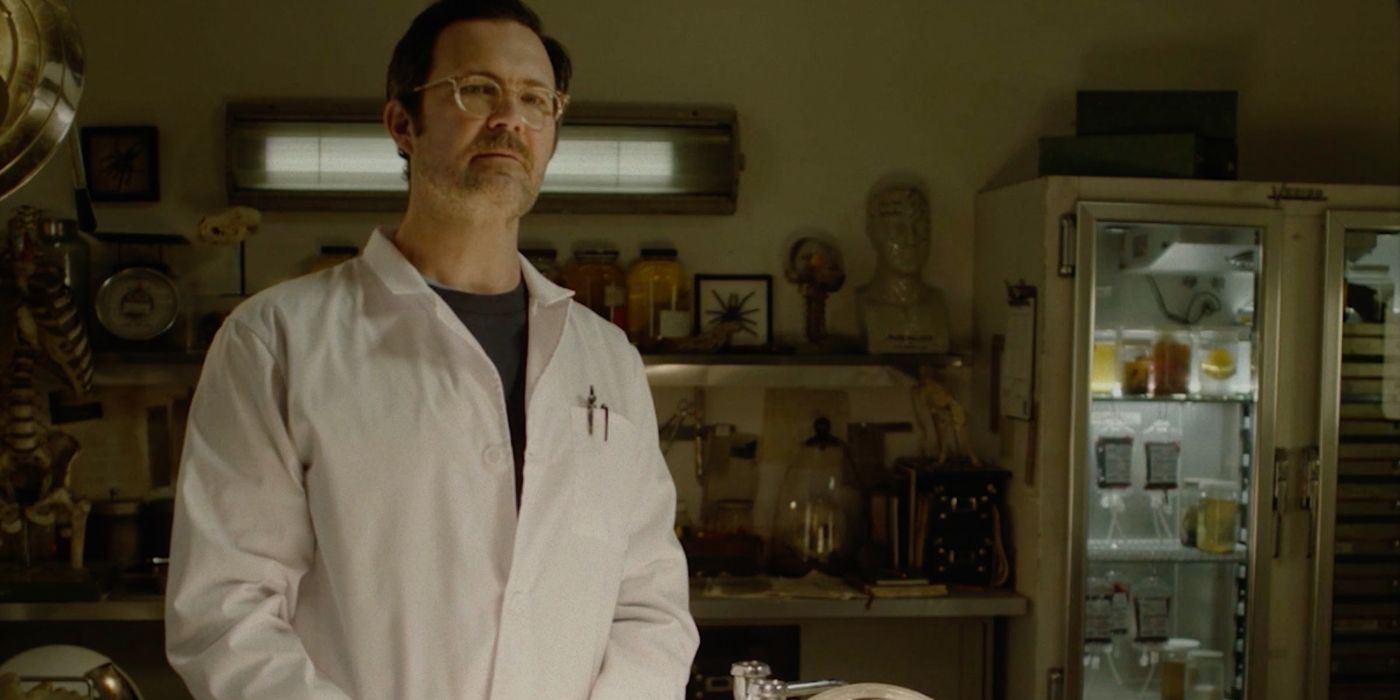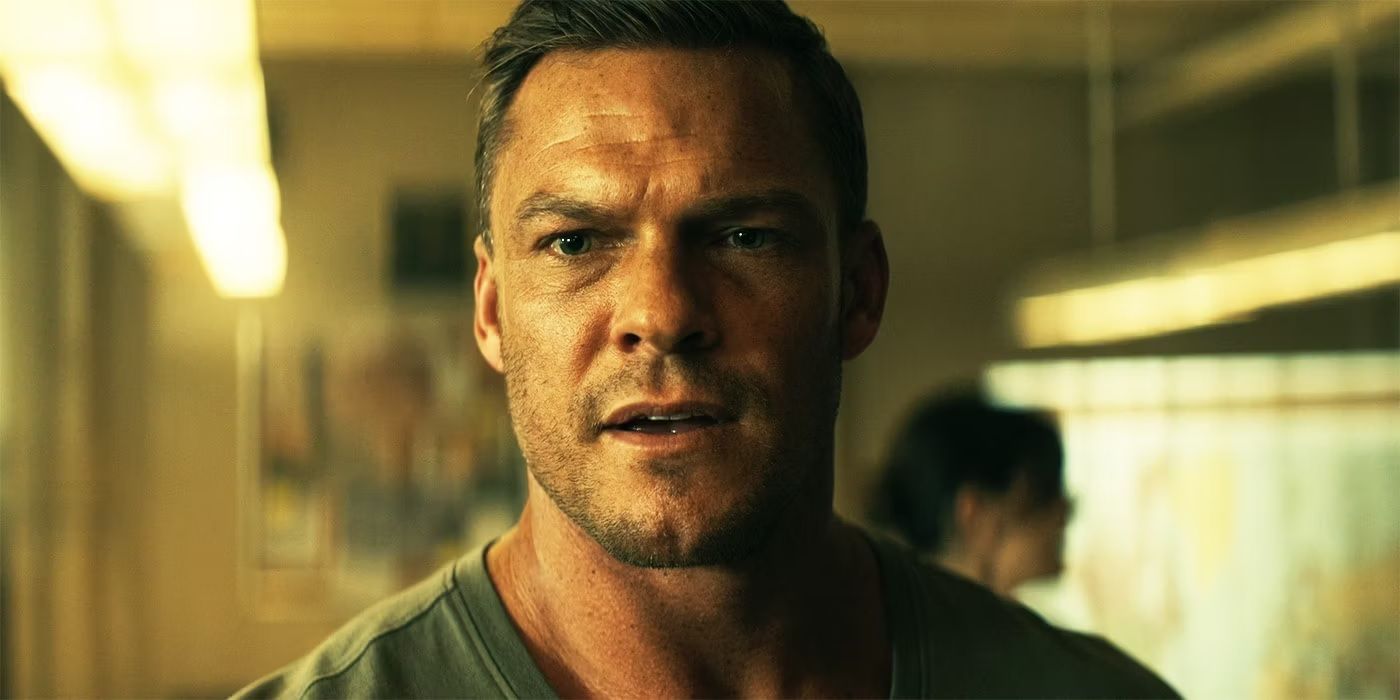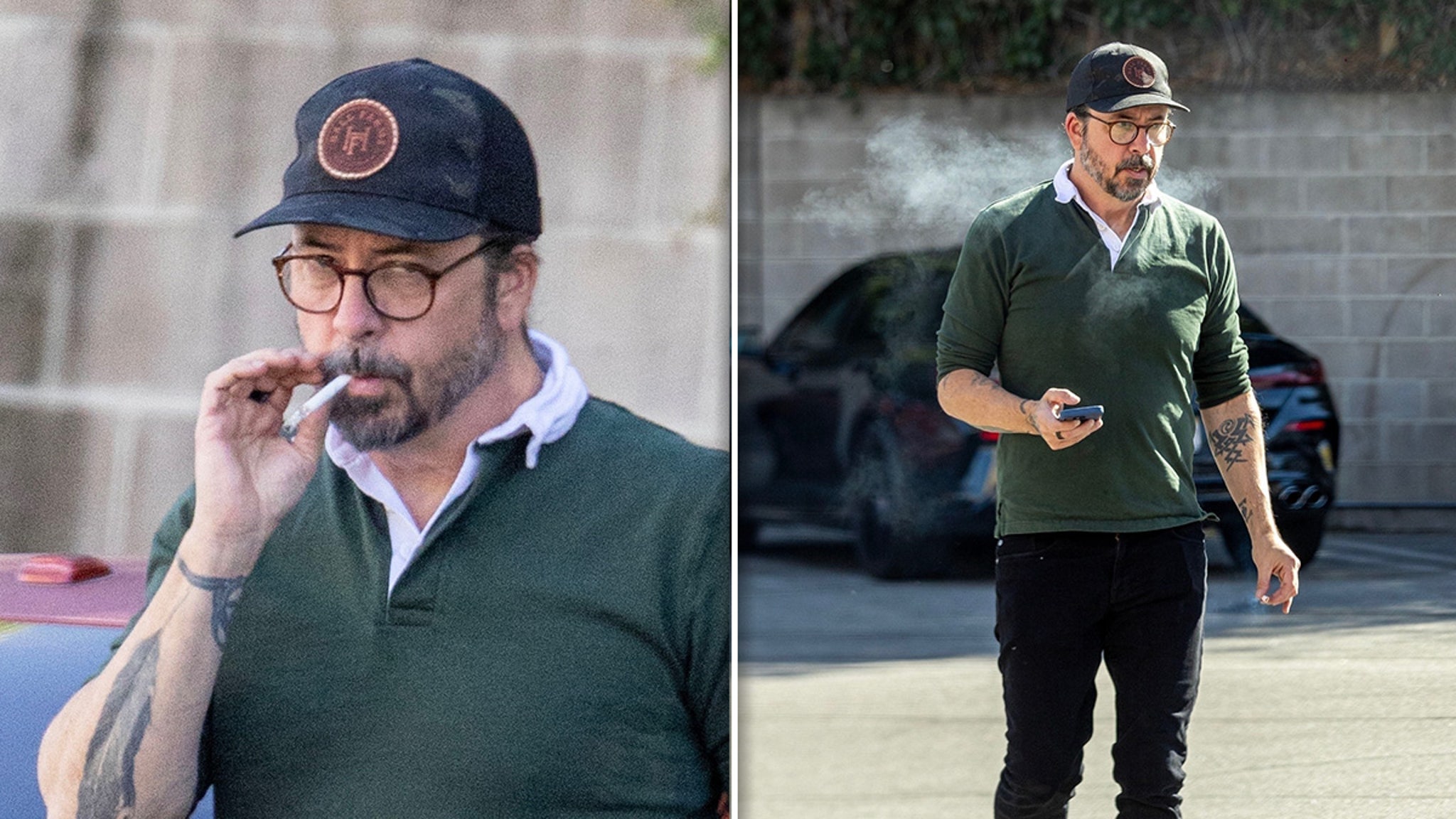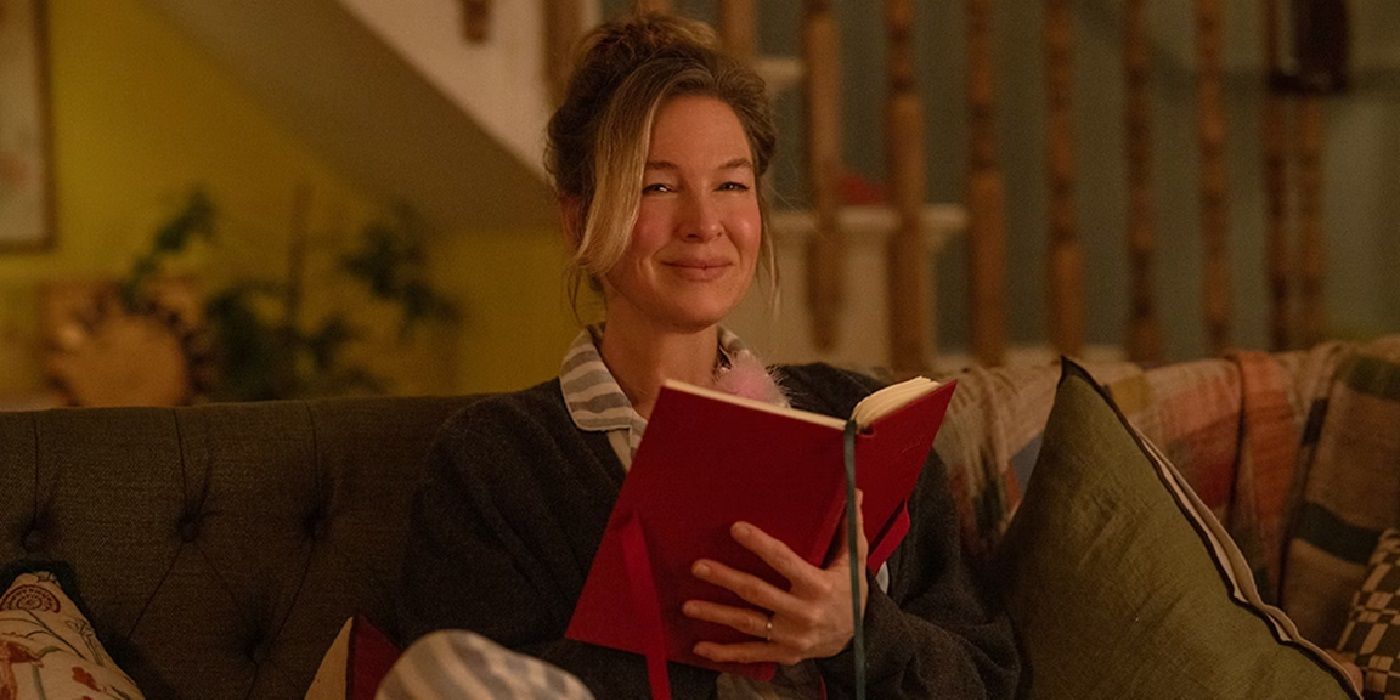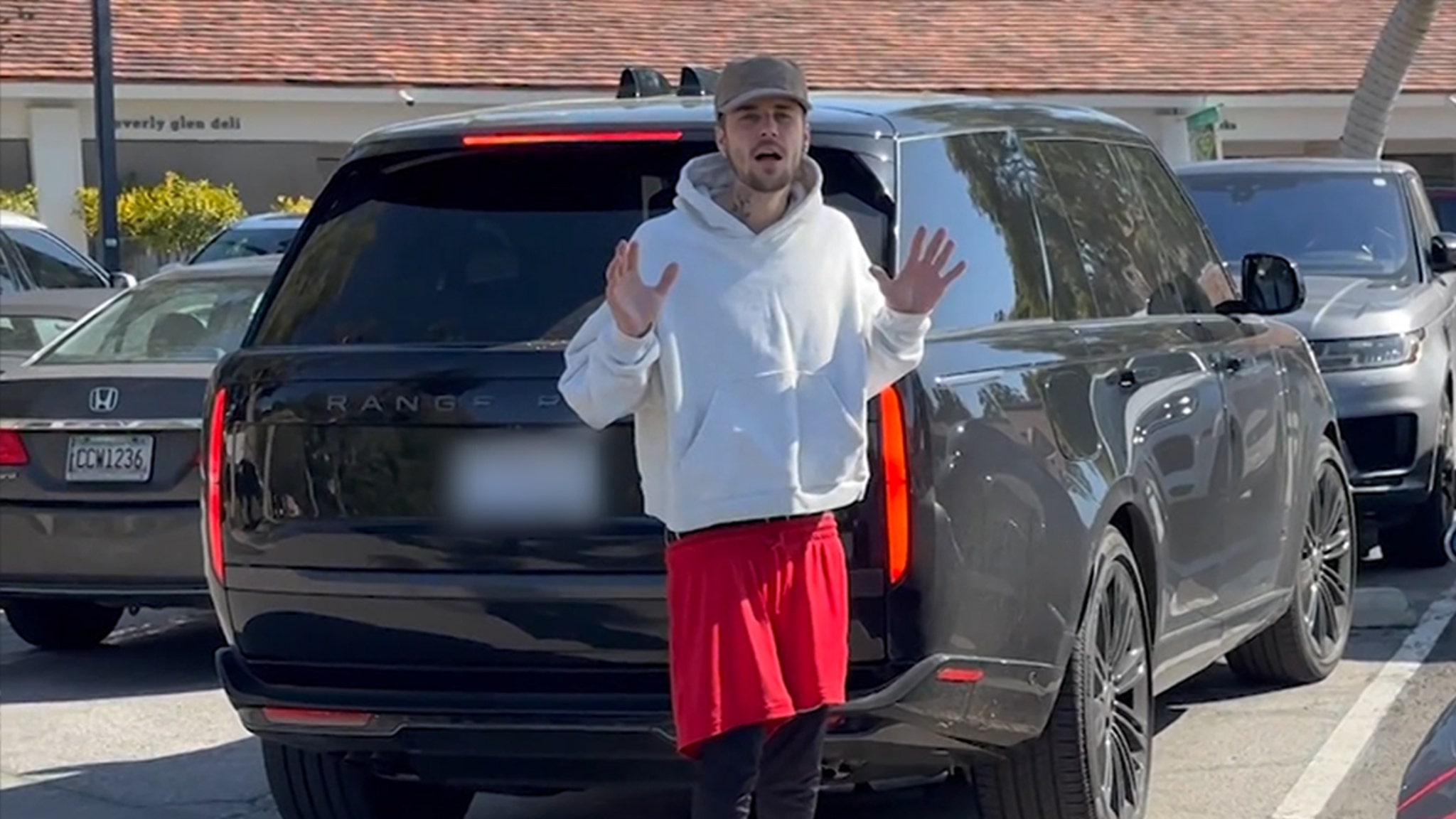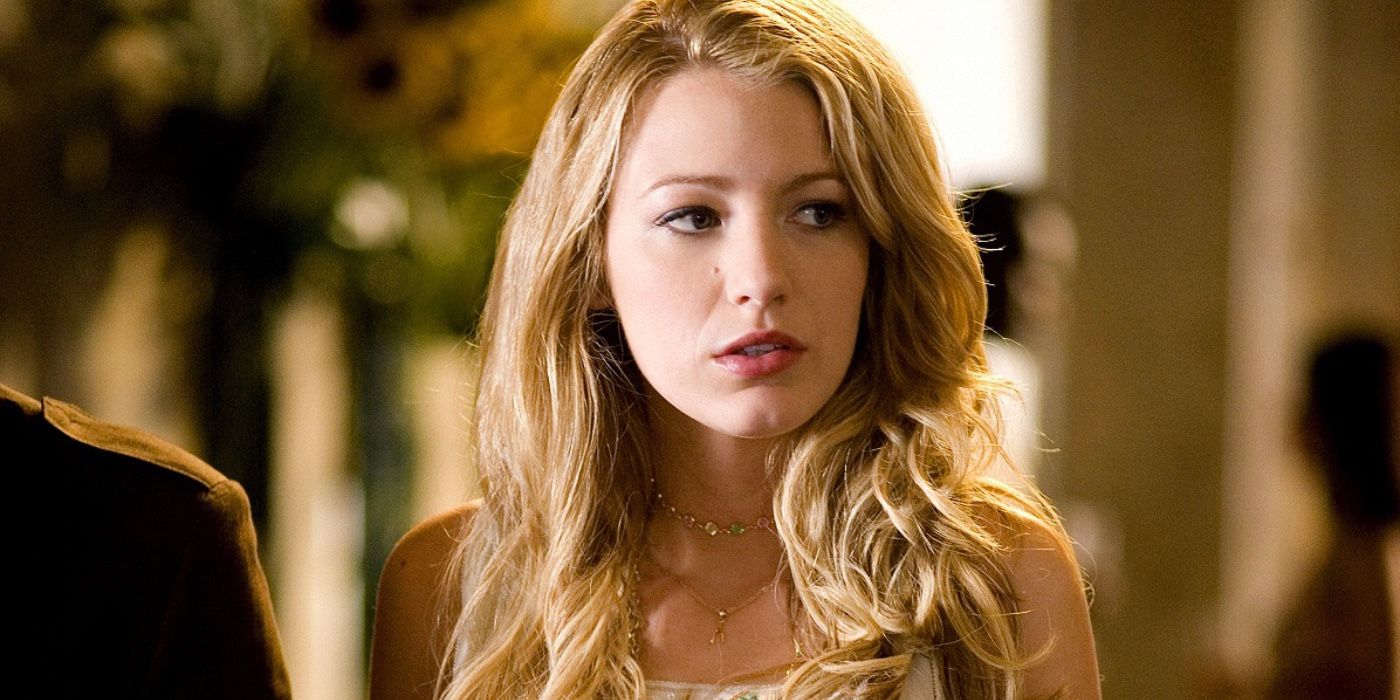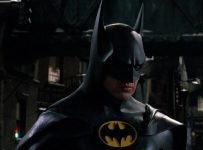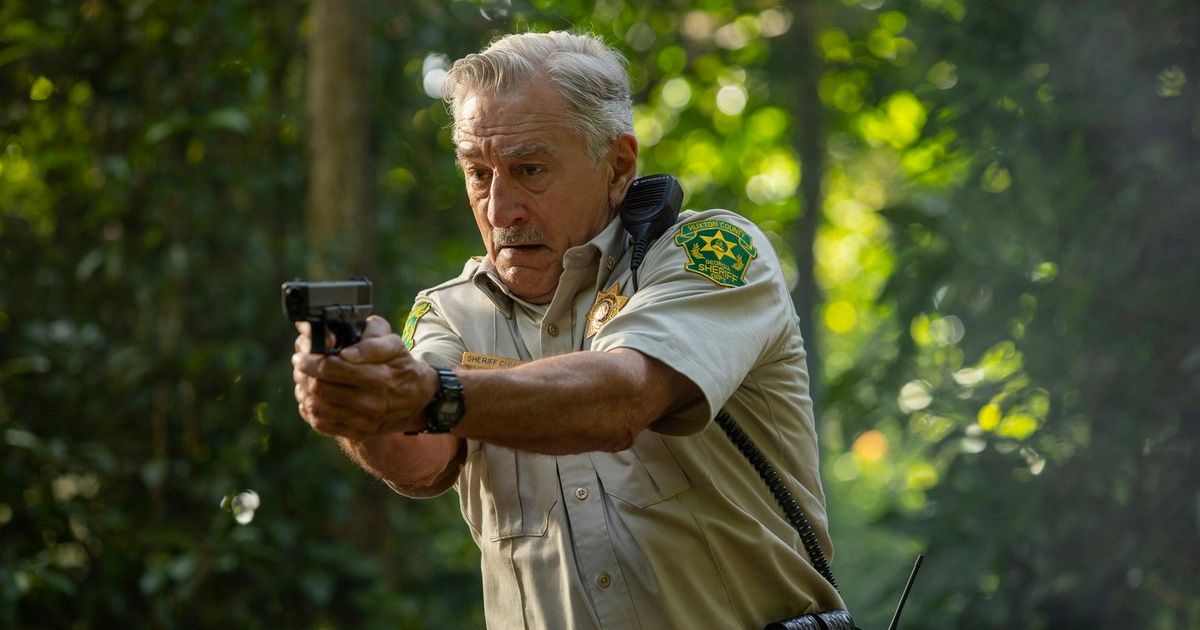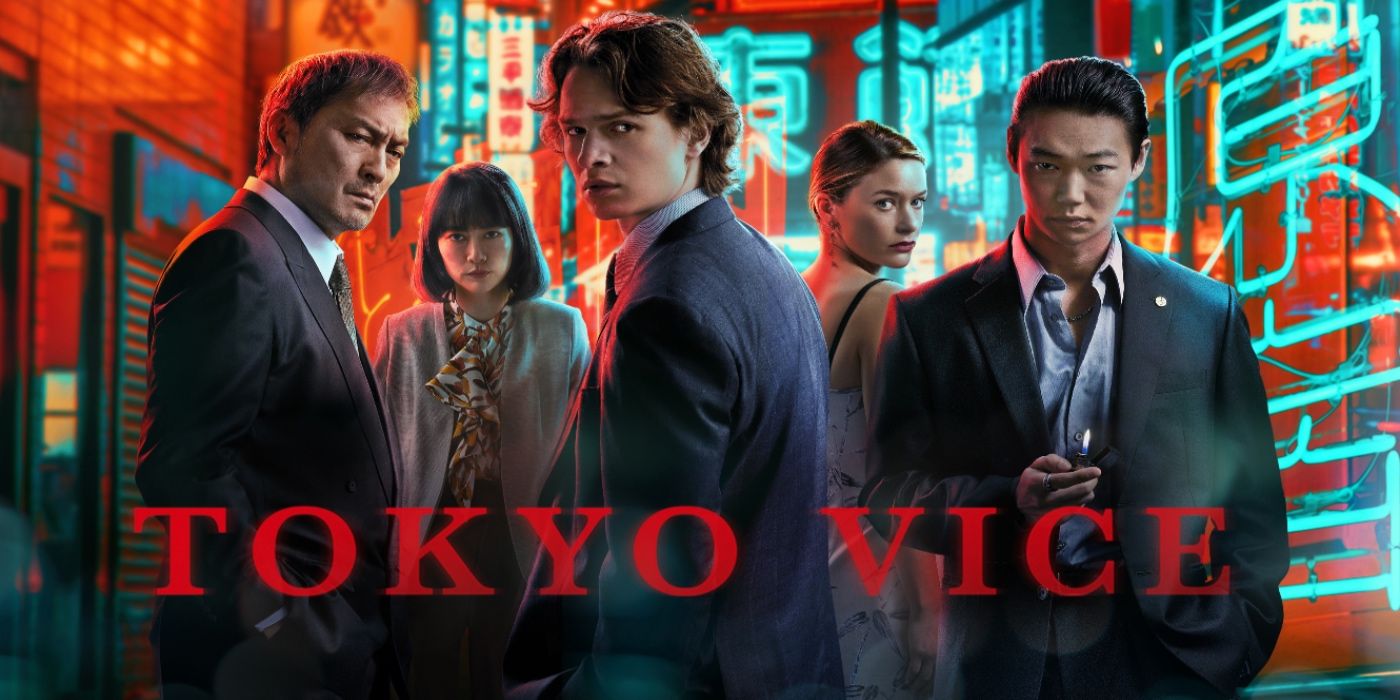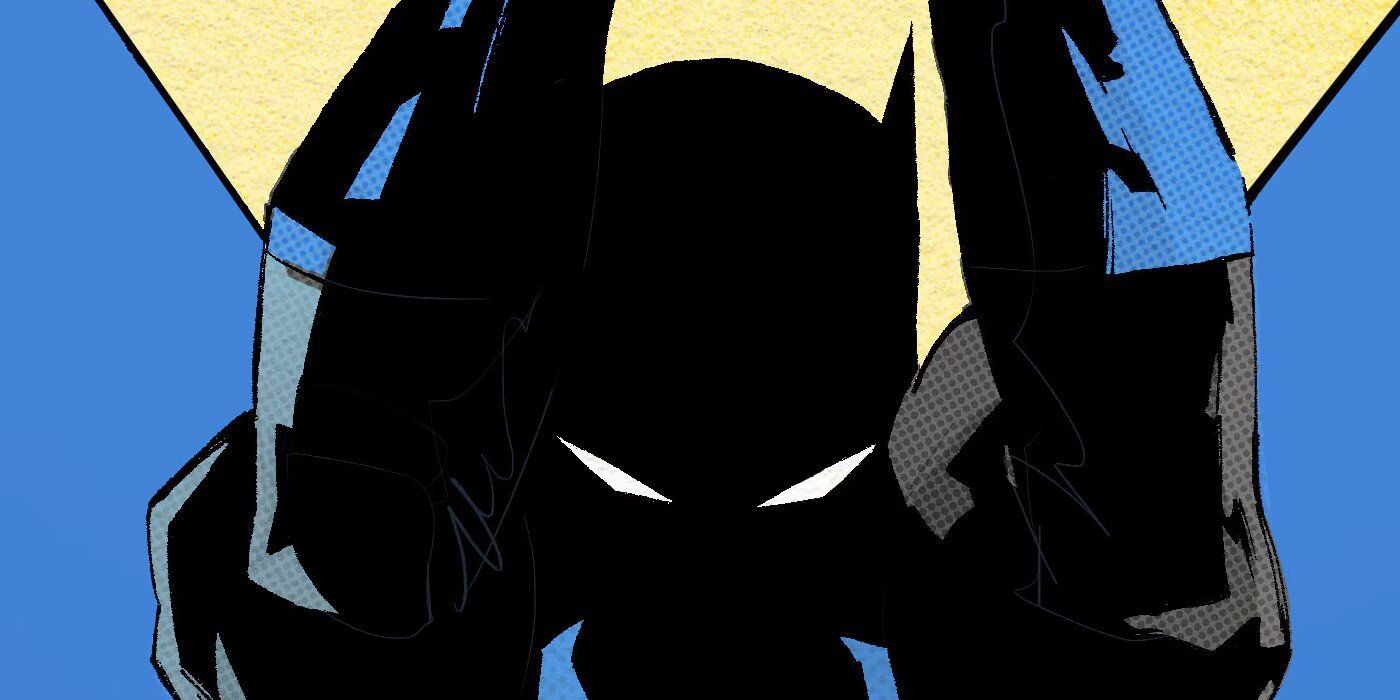From the very beginning of his film, Morgen plays with one of the most traditionally predictable aspects of the music doc in that he’s not interested in chronology. He opens with “Hallo Spaceboy,” a killer track from 1995’s Outside that Morgen clearly finds important because it’s one of the few he returns to later in the film, but it’s over old footage of Ziggy Stardust-era Bowie and the fans who dressed like him and cried when they couldn’t touch his hand. Intercut with the fan footage are snippets of sci-fi B-movies, Bowie applying makeup, and what look like home movies of the era. It’s an incredible opening number to this cinematic concert in that it sets a tone that’s almost overwhelming. We come into music docs with relatively mundane expectations of biographical details and sound bites, but Morgen isn’t playing that game from the beginning. His skill at assembling hours of footage—just look at the excellent “Jane” for another example—comes through immediately. “Moonage Daydream” is a stunning achievement in editing, cutting across eras and settings not to the rhythm of the music as much the mood of it.
Through this process, Morgen does start to pull out some of the bio of Bowie—the influence of his older brother, an interview segment in which he speaks about love—but he’s way more interested in the art than the man (although one could argue they intertwine). This is a movie about expression, and how Bowie didn’t so much seem like he was tapping into something that was universally felt as much as he was locating something we were about to feel. Bowie wasn’t reflecting the time he was in as much as where we were going. And the minute that it felt like the world was catching up to his wavelength, he would find another one to ride. The only voices in the film are Bowie’s and those interviewing him in televised segments, and he speaks of never wanting to waste a day. In terms of process, Morgen’s film reveals how much Bowie needed to express himself. Much has made of how Bowie would reinvent himself in different eras, but Morgen’s film really connects these different periods of his life in a way that feels organic—they were all about an artist trying to create something meaningful to him every single day.
Of course, Morgen relies heavily on Bowie’s music, allowing several songs to play out in their entirety, including a few killer live versions—there’s a “Let’s Dance” late that might get your audience on their feet. However, he’s not interested in a greatest hits package. Fans won’t hear all their favorite songs. This is not that movie. I’d love to pick Morgen’s brain as to how he chose which tracks to include, given the vast breadth of Bowie’s career. Or how he chose the influences that pepper the film—shots of everything from “Nosferatu” to “The Passion of Joan of Arc” to many more. He really captures Bowie as not the alien spaceman that once defined his image but almost a filter for all other pop culture. He is the ultimate expression of artistic freedom.
You can view the original article HERE.


